
Digital health, wellbeing and security working group lead Dr Anícia Rebelo Trindade
The European Union (EU) revisited their Digital Competence Framework for citizens last year, with the new version published in April 2022. With EU colleagues, I contributed to the work of the Digital Health and Wellbeing working group. Together we revised and reframed the Knowledge, Skills and Attitudes statements of the policy for digital health, protecting data and privacy. The research was conducted using a design-based research (DBR) approach (Mckenney & Reeves, 2014; Plomp, 2013); this protocol combines theory with practice and is used when complex decisions and multiple voices are to be collated and represented. In this case, the stakeholders comprised experts, volunteers, and Joint Research Centre (JRC) leadership.
From this body of work we have a series of publications underway, and one of these is a Springer Digital health publication, where the full peer reviewed papers from the 16th International Conference on Information Technology and Applications (ICITA) will be published later this year. Our methodological approach was highly comm
ended by the peer reviewers. The conference is running 20/21 October 2022 in Lisbon, Portugal.
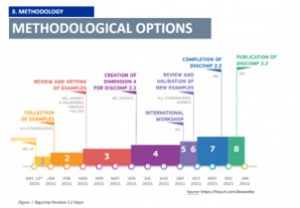
The EU revised framework can be accessed here:
Vuorikari. R., Kluzer, S., & Punie, Y. (2022). DigComp 2.2: The digital competence framework for citizens with new examples of knowledge, skills and attitudes. European Commission. Available: https://publications.jrc.ec.europa.eu/repository/handle/JRC128415
and our presentation, summarising the work in the paper is available here:
Debbie researches as part of the Nurses for Long Term Health (N4LTH) research group, and the Centre for Media Practice in Education (CEMP) research group. You can follow her on twitter @debbieholley1 @N4LTH @CEMP_BU
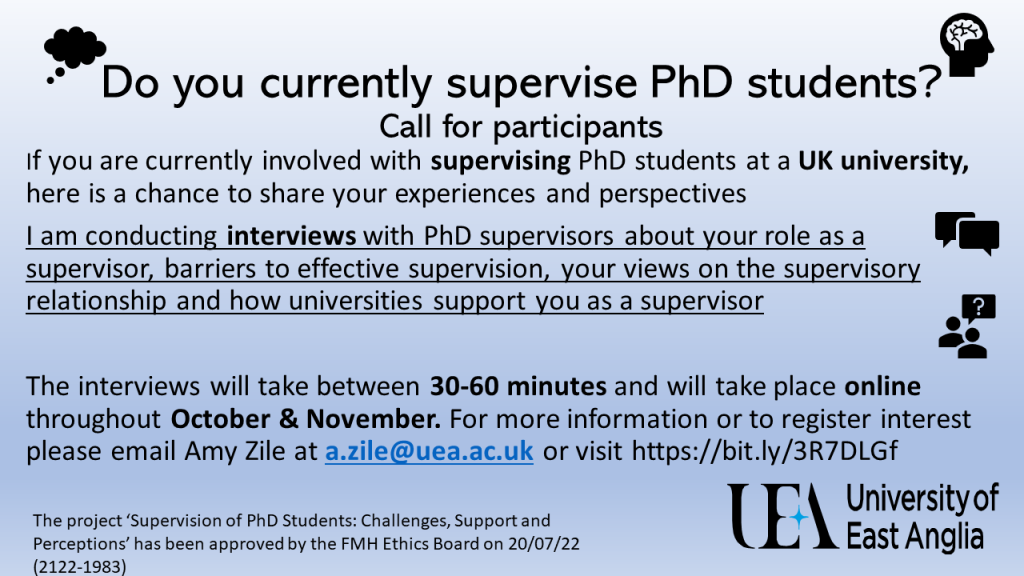

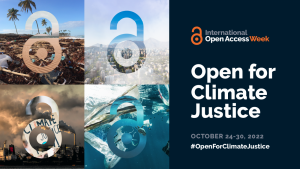
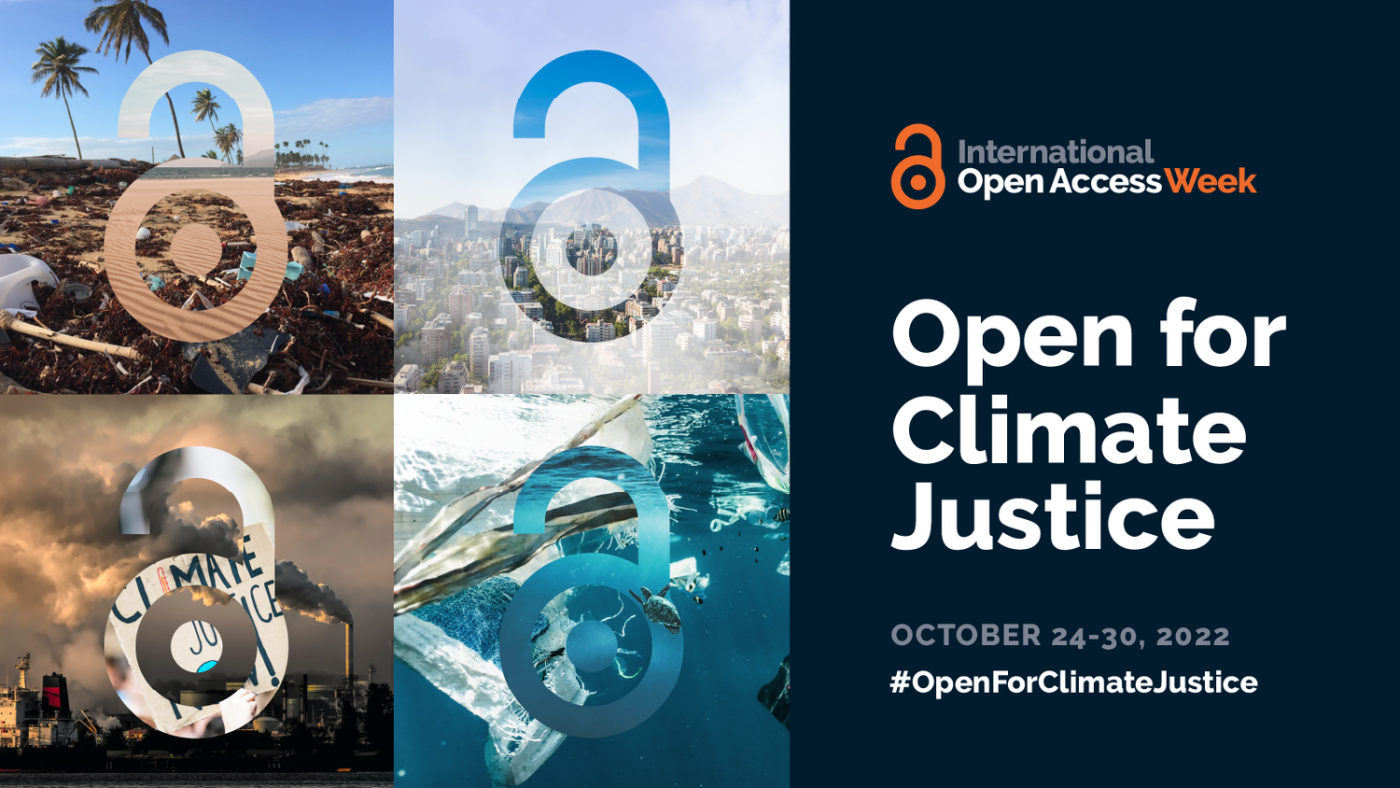
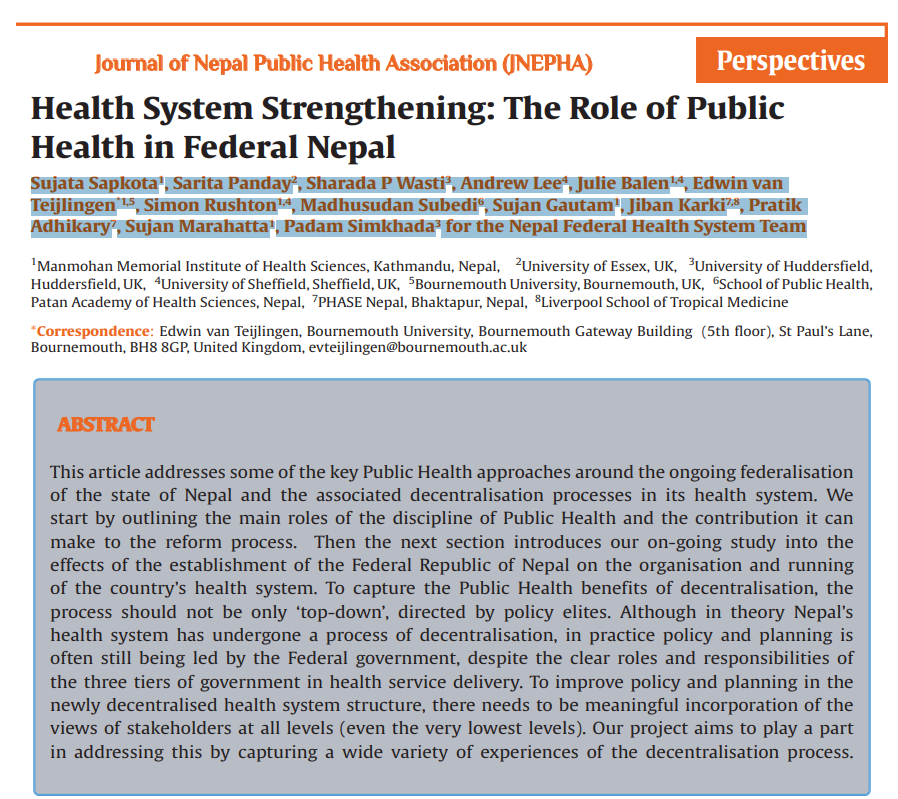
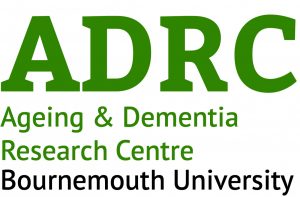



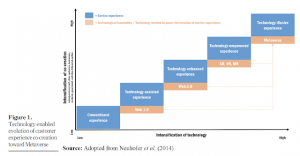
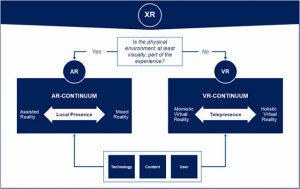
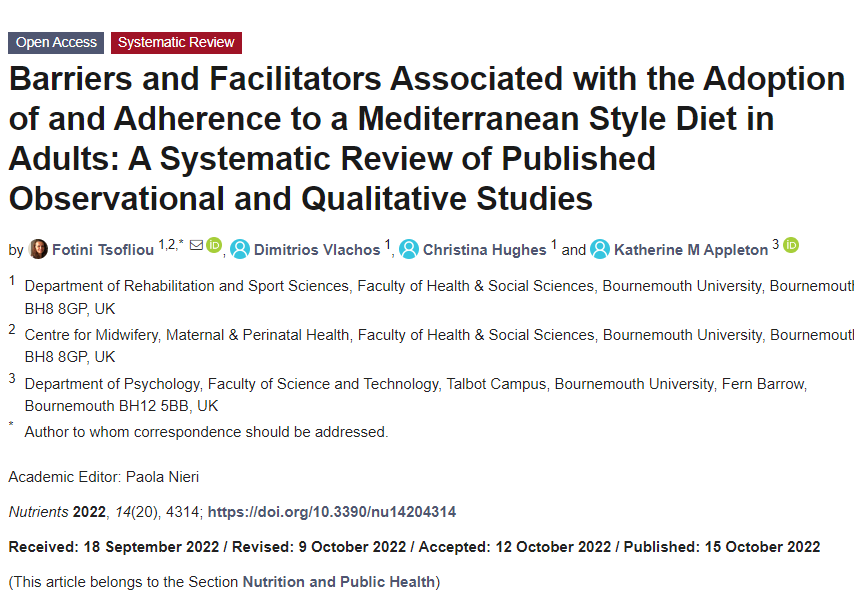

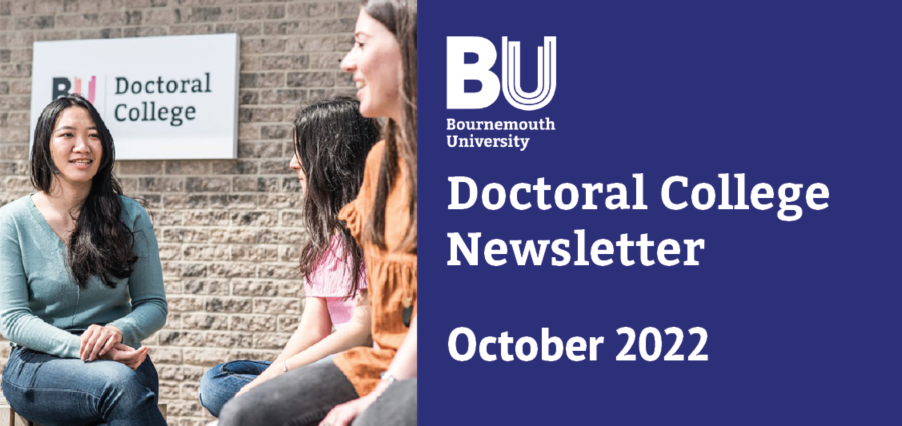

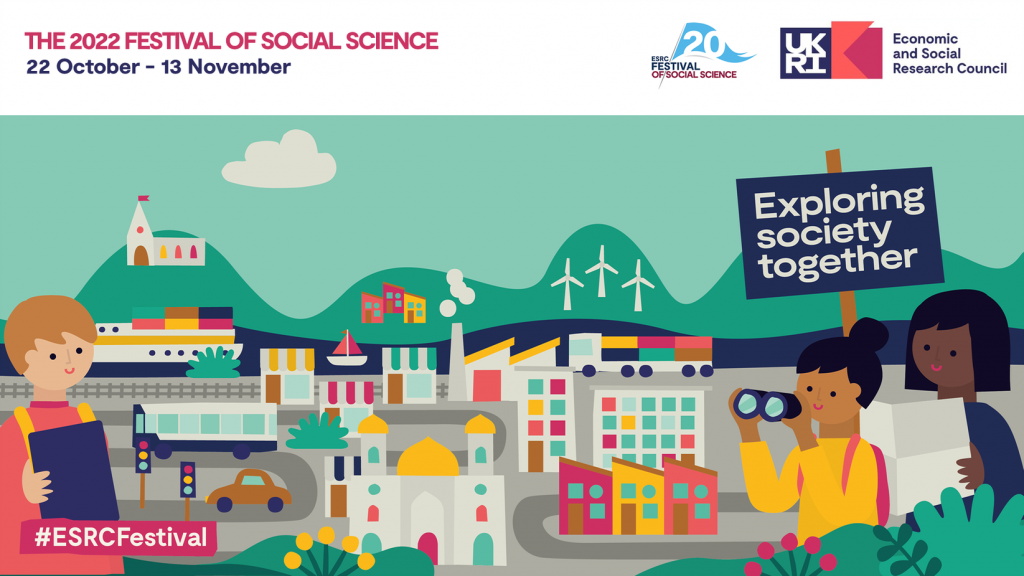













 Fourth INRC Symposium: From Clinical Applications to Neuro-Inspired Computation
Fourth INRC Symposium: From Clinical Applications to Neuro-Inspired Computation ESRC Festival of Social Science 2025 – Reflecting back and looking ahead to 2026
ESRC Festival of Social Science 2025 – Reflecting back and looking ahead to 2026 3C Event: Research Culture, Community & Cookies – Tuesday 13 January 10-11am
3C Event: Research Culture, Community & Cookies – Tuesday 13 January 10-11am Dr. Chloe Casey on Sky News
Dr. Chloe Casey on Sky News Final Bournemouth University publication of 2025
Final Bournemouth University publication of 2025 ECR Funding Open Call: Research Culture & Community Grant – Application Deadline Friday 12 December
ECR Funding Open Call: Research Culture & Community Grant – Application Deadline Friday 12 December MSCA Postdoctoral Fellowships 2025 Call
MSCA Postdoctoral Fellowships 2025 Call ERC Advanced Grant 2025 Webinar
ERC Advanced Grant 2025 Webinar Horizon Europe Work Programme 2025 Published
Horizon Europe Work Programme 2025 Published Update on UKRO services
Update on UKRO services European research project exploring use of ‘virtual twins’ to better manage metabolic associated fatty liver disease
European research project exploring use of ‘virtual twins’ to better manage metabolic associated fatty liver disease